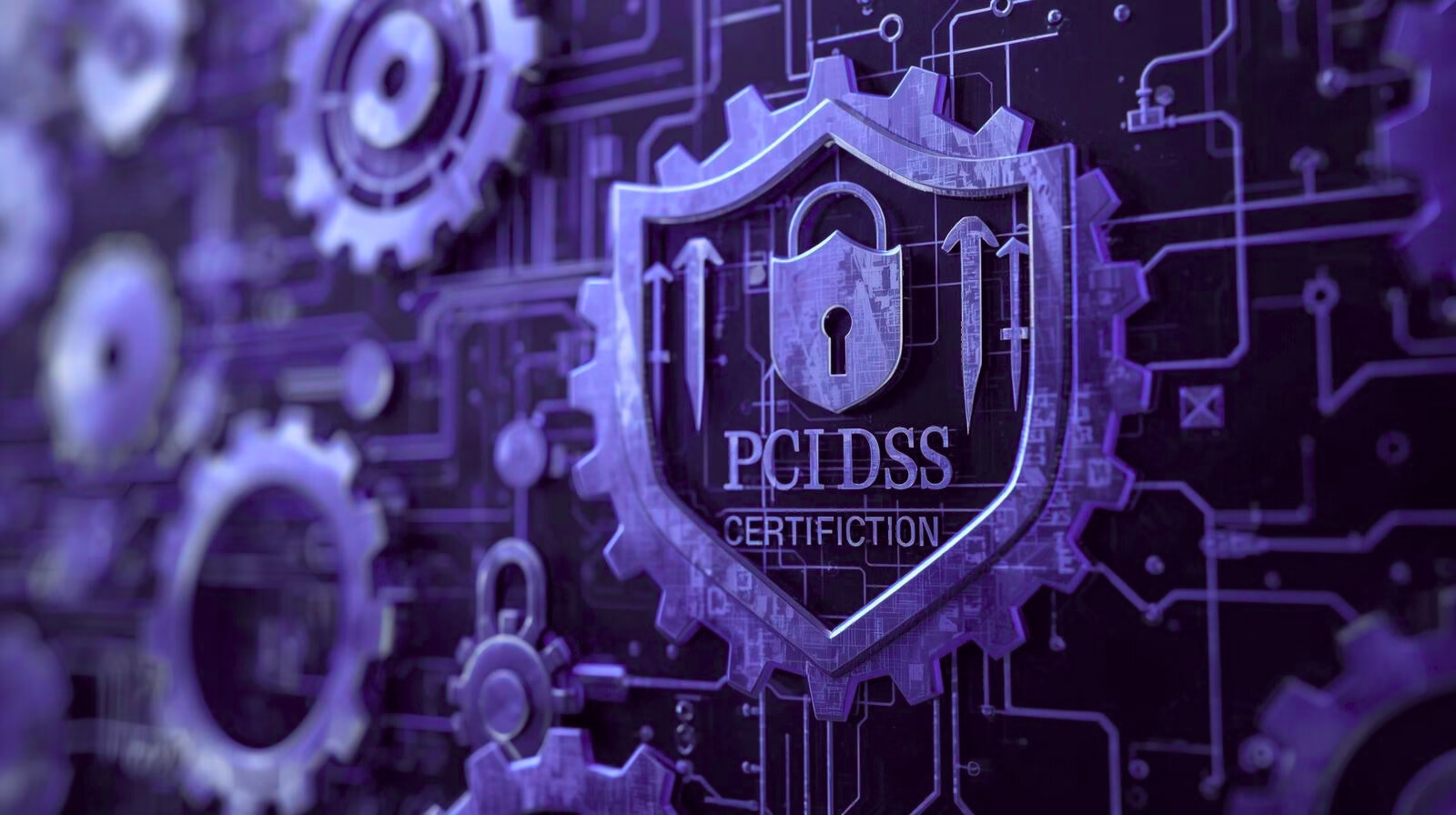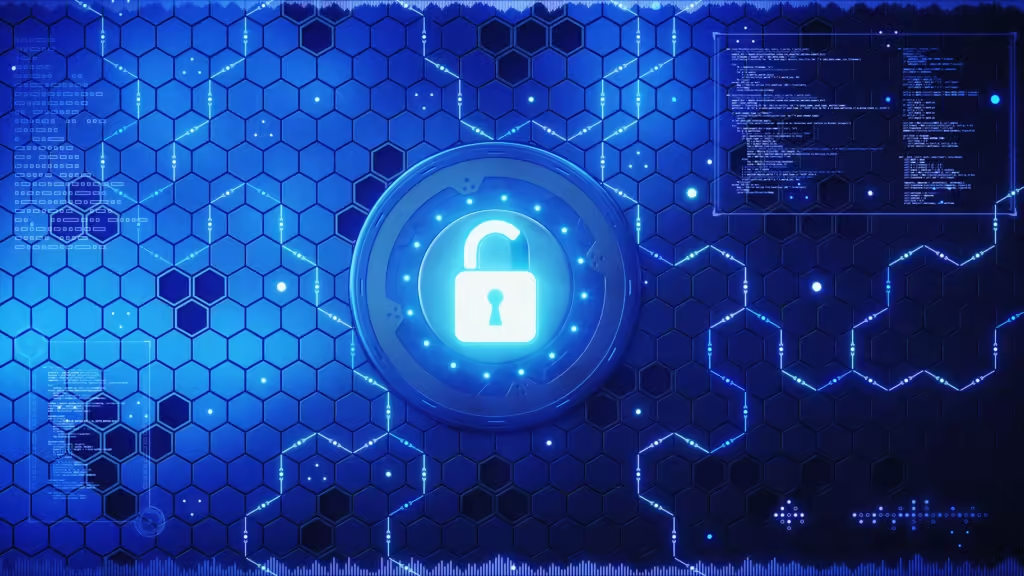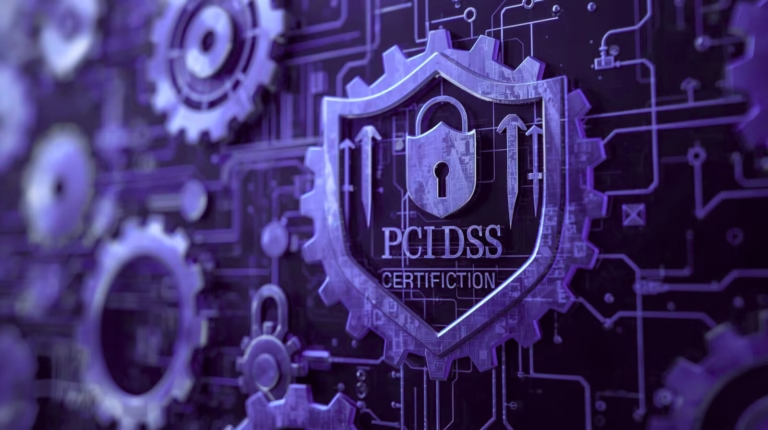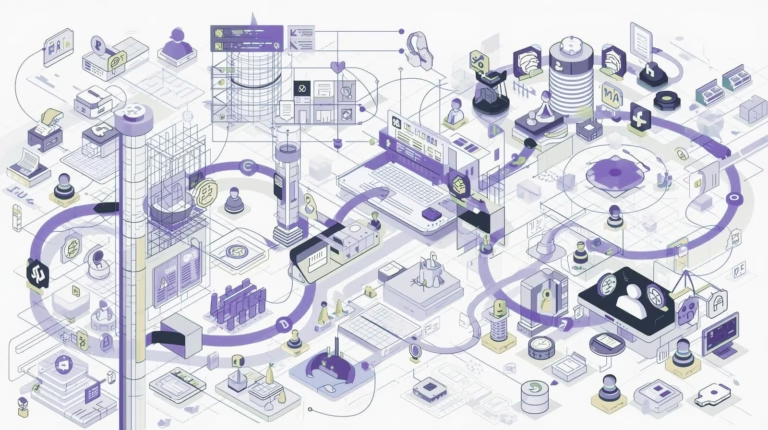Table of Contents

Top Cybersecurity Companies in Dubai Delivering Unbreakable Digital Protection
Top Cybersecurity Companies in Dubai Delivering Unbreakable Digital Protection
Is your company’s private data safe from a hidden breach? The city is becoming a global tech hub, increasing risks to your digital assets daily. The right cybersecurity services dubai

Digital Impersonation in 2026: The Deepfake Threat
Digital Impersonation in 2026: The Deepfake Threat
Introduction: Why Digital Impersonation Is Escalating Digital impersonation has evolved dramatically in recent years. What once required social engineering skills and stolen passwords now requires only artificial intelligence and a

What is pci dss certification
What is pci dss certification
Ever thought about if your customer's credit card details are safe when they pay online? In today's fast world, keeping financial data safe is a big challenge in the United

XML External Entity (XXE) Attacks Explained: How XML Parsers Expose Internal Systems
XML External Entity (XXE) Attacks Explained: How XML Parsers Expose Internal Systems
Introduction: Why XML External Entity (XXE) Attacks Still Matter XML External Entity (XXE) attacks remain a serious risk in enterprise environments, especially where legacy systems still rely on XML-based communication.

Protect Your Company with Leading Cyber Security MSP Solutions
Protect Your Company with Leading Cyber Security MSP Solutions
Is your company's digital future safe? One small mistake could leak your most private data. In the United Arab Emirates, companies face new risks that need expert help. You need
Pages
- About Us
- Vulnerability Assesment & Penetration Testing
- UAE Data Privacy
- KSA PDPL implementation and Fines
- Continuous Monitoring in Cybersecurity | Cyber Security Monitorring
- Empower Your Business with VCISO Services
- Soc Services
- Cyber Technology
- Security Assessments
- Audit and Compliance
- service
- India
- Cyber Security Framework SAMA
- Training & Skill Development
- Australia
- NESA Audit
- SOC2 Audit
- UAE
- Qatar
- Saudi Arabia
- Geographies
- Privacy Policy
- Penetration Testing
- Managed SOC Services
- Threat Hunting
- Dubai Computer Forensics
- Malware Analysis
- Cloud Security
- Incident Handling And Monitoring Services
- Red Team Assessments
- Mobile Application Audits
- Data Privacy
- ISO 27001
- Cyber Security Expert
- Vulnerability Assessment
- Application Security Auditing
- PCI DSS Compliance
- Privacy Policy-old
- Contact
- Blog
- Home
Categories
- What is Cyber Security?
- Web Application Security Auditing
- Web Application Security
- Web Application Firewall
- Web Apllications Security
- wapt
- Vulnerability Testing and Penetration Testing
- Vulnerability Scanning
- vulnerability assessment and penetration testing
- vapt
- Useful
- Uncategorized
- UAE Cyber Security Company
- top cyber security companies in the UAE
- Top 10 GRC Tools
- SOC UAE
- SOC 2 Certification Cost
- Security
- Red Teaming Services
- Red teaming
- Race Condition
- Privacy
- Pentest
- Penetration Testing
- PCI DSS Stands for
- PCI DSS Requirements
- PCI DSS Purpose
- PCI DSS Meaning
- PCI DSS Compliance
- PCI DSS Certification
- PCI DSS
- News
- new tech
- Most Popular SIEM Tools
- Managed Security Services Provider
- it security companies in dubai
- ISO 27001 Consultants in UAE
- ISO 27001 Compliance in the UAE
- General
- cybersecurity regulation
- Cybersecurity
- cyber sercurity firm
- Cyber Security UAE
- Cyber Security Specialist
- Cyber Security Services
- Cyber Security Near Me
- cyber security master
- Cyber Security Jobs in Dubai
- cyber security in UAE
- Cyber Security GRC
- Cyber Security Expert
- cyber security course
- Cyber Security Consultant
- Cyber Security Company in Dubai
- Cyber Security Company Dubai
- Cyber Security Company
- Cyber Security Companies
- Cyber Security Basic
- Cyber Security Awareness
- Cyber Security
- Compliance
- Application Penetration Testing
- AI-Powered Cybersecurity
Data security is a critical component in the digital age, encompassing the practice of safeguarding sensitive data from unauthorized access, data breaches, and data loss. It involves implementing security measures to protect data integrity, confidentiality, and availability.

What is Data Security and Why is it Important?
Definition of data security
Data security refers to the practice of securing digital data from unauthorized access, corruption, or theft throughout its lifecycle. This includes implementing security measures such as encryption, access controls, and authentication mechanisms to protect sensitive information.
Importance of data security
Data security is essential to safeguard sensitive information, maintain customer trust, comply with regulations, and prevent financial losses. Without robust data security measures in place, organizations are vulnerable to data breaches, which can have severe consequences for their reputation and operations.
Risks to data if not secured
If data is not adequately secured, it can be exposed to various risks, including unauthorized access, data manipulation, data loss, identity theft, and financial fraud. Data breaches can result in significant financial losses, legal penalties, and reputational damage for organizations.

Types of Data Security Solutions
Common types of data security
Some common types of data security solutions include access controls, firewalls, antivirus software, intrusion detection systems, and encryption techniques. These solutions help protect data from external threats and ensure its confidentiality and integrity.
Data encryption and its role
Data encryption is a method of encoding data to prevent unauthorized access. By encrypting sensitive data, organizations can ensure that even if data is intercepted, it remains unreadable without the decryption key. Encryption plays a crucial role in protecting data both at rest and in transit.
Data masking and its benefits
Data masking involves hiding or obfuscating sensitive information within a dataset to protect its confidentiality. By masking data, organizations can safely use and share information for testing, development, or analytics purposes without exposing sensitive details.

Data Security Best Practices to Follow
Implementing data protection protocols
Organizations should establish data protection protocols that define how data should be handled, stored, and transmitted securely. This includes implementing access controls, encryption, regular security assessments, and incident response plans to mitigate data security risks.
Data backup strategies
Creating regular data backups is essential to ensure data availability and resilience against data loss incidents such as hardware failures, cyberattacks, or natural disasters. Organizations should maintain secure and encrypted backups stored in offsite locations to mitigate risks.
Importance of data erasure procedures
Data erasure procedures are crucial for securely disposing of data that is no longer needed or relevant. By permanently erasing data from storage devices using secure deletion methods, organizations can prevent data breaches and comply with data privacy regulations.

Understanding Data Privacy and General Data Protection Regulations
Data privacy laws and compliance
Data privacy laws regulate how personal data should be collected, processed, stored, and shared. Organizations must comply with data privacy regulations such as the General Data Protection Regulation (GDPR) to protect individuals’ privacy rights and prevent misuse of personal data.
Key elements of the General Data Protection Regulation (GDPR)
The GDPR mandates strict requirements for organizations handling personal data, including obtaining consent for data processing, implementing data security measures, appointing a Data Protection Officer, and reporting data breaches within specific timelines. Non-compliance with the GDPR can result in substantial fines.
Handling personal data securely
Organizations should prioritize safeguarding personal data by implementing robust data security controls, conducting privacy impact assessments, providing data subject rights, and ensuring transparent data processing practices. Secure handling of personal data builds trust with individuals and enhances data privacy.

Technologies and Tools for Secure Data Management
Data encryption and key management
Data encryption technologies such as symmetric and asymmetric encryption algorithms, along with robust key management practices, are essential for protecting data confidentiality. Proper key management ensures secure generation, storage, distribution, and rotation of encryption keys.
Data loss prevention strategies
Data loss prevention (DLP) solutions help organizations monitor, detect, and prevent the unauthorized transmission of sensitive data outside the network. DLP tools use content inspection, contextual analysis, and policy enforcement to prevent data leakage incidents.
Addressing insider threats through information security
Organizations should implement information security measures to mitigate insider threats posed by employees, contractors, or third parties. By monitoring user activities, implementing access controls, and conducting regular security awareness training, organizations can prevent data breaches caused by insider actions.











